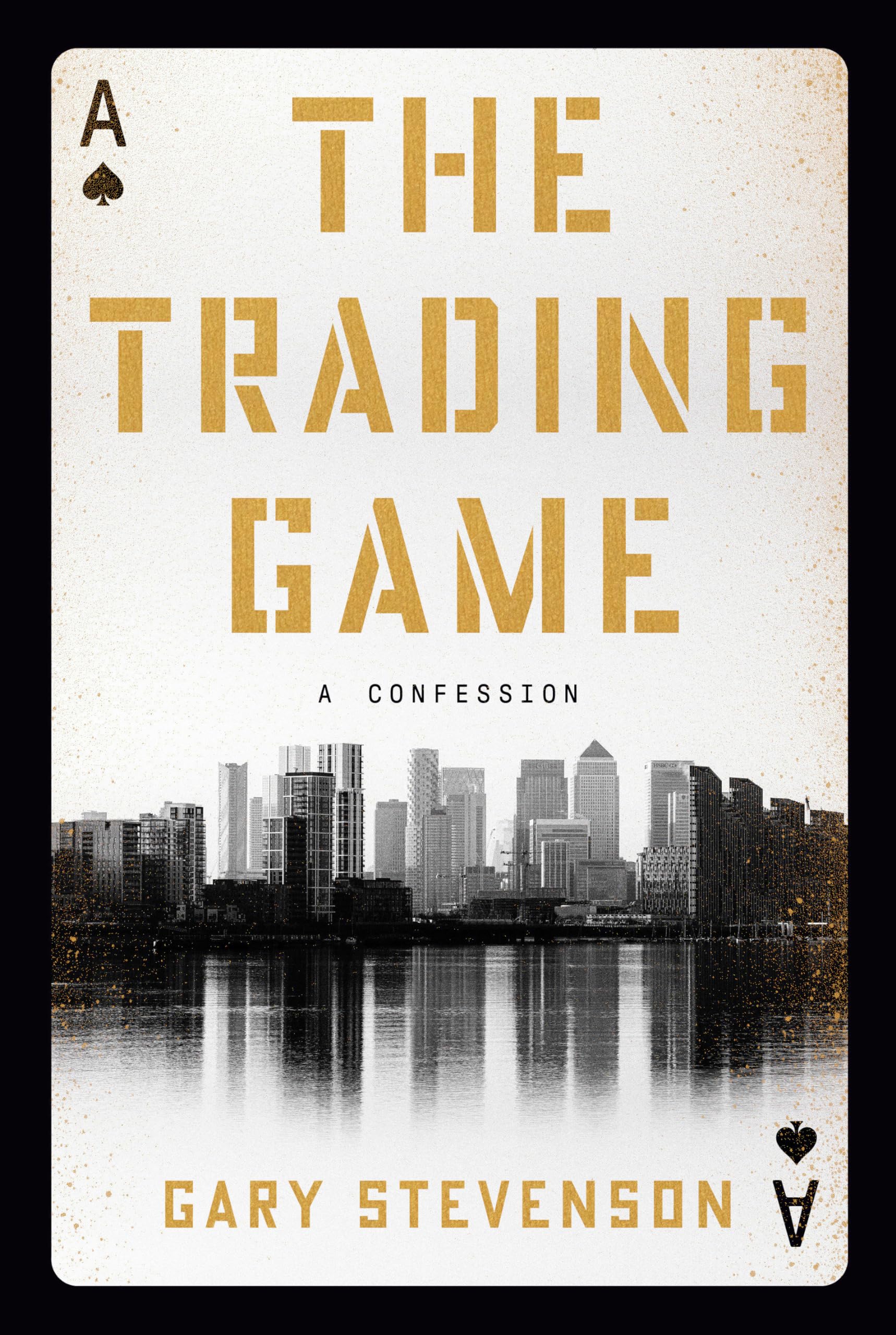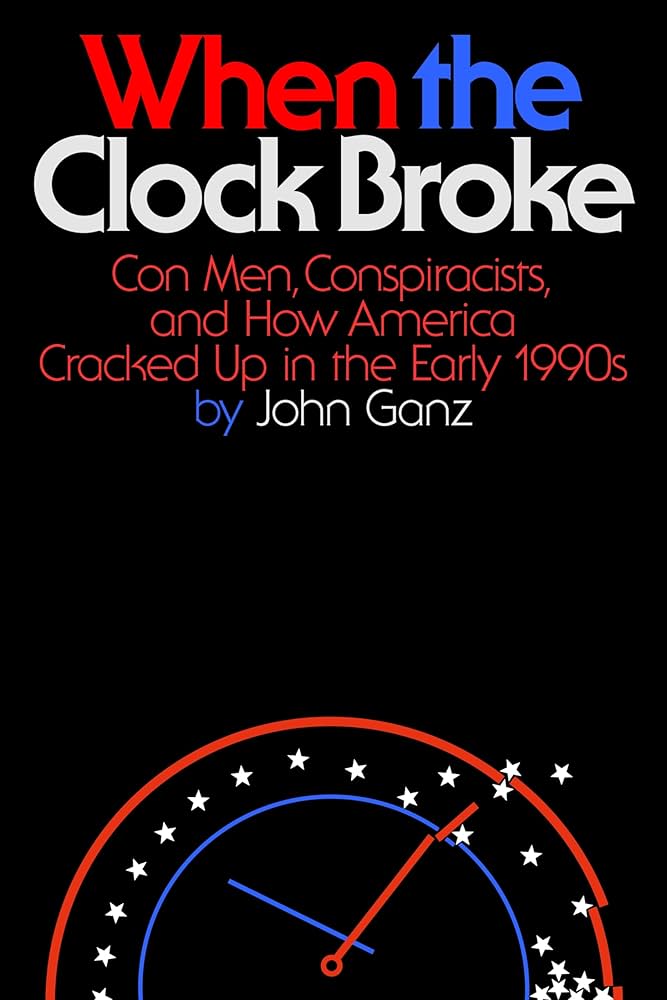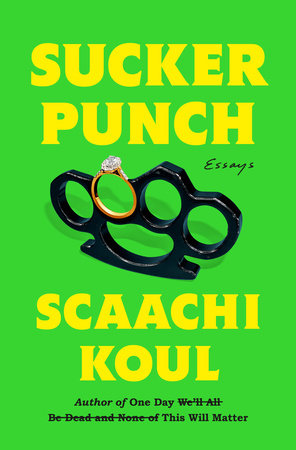I was a little worried going into this that the book would feel redundant, since I’ve read so many that cover similar time periods or cultural moments (The Innovators and Steve Jobs, The Code, The Soul of a New Machine, to name a few I’ve read).
Not the case. Mostly.
The book is three sections, roughly mapping the decades from 1955-65, 1965-75 and 1975-85 as computers went from industrial and military use to the office and living room.
Firstly, the 1950’s and 60’s were all about just making the use case for computers – Levy brings these weirdo geniuses to life, sometimes adopting the style of a nature documentary:
Hackers believe that essential lessons can be learned about the systems-about the world from taking things apart, seeing how they work, and using this knowledge to create new and even more interesting things. They resent any person, physical barrier, or lay that tries to keep them from doing this.
This is especially true when a hacker wants to fix something that (from his point of view) is broken or needs improvement. Imperfect systems infuriate hackers, whose primal instinct is to debug them. This is one reason why hackers generally hate driving cars-the system of randomly programmed red lights and oddly laid out one-way streets causes delays which are so goddamned unnecessary that the impulse is to rearrange signs, open up traffic-light control boxes… redesign the entire system.
It starts a little slow, but as the characters round into form and Levy finishes explaining the technology (the writing somehow unbearably dry and hilariously dated at the same time), the action picks up. The figures in this section are almost cartoonishly nerdy – more than once Levy references pocket protectors and there are points where their personal hygiene habits are so fully described I realized I was breathing through my mouth.
We also get an absolutely killer band name:
Compared to that machine, the PDP-1 looked like the Promised Land to Slug Russell.
Slug Russell and the Promised Land! I want to see it in lights. Here’s more, as the hackers discover that the English language menu from their favourite Chinese restaurant is different from the Chinese-language one and set out to crack the code:
They went back loaded with Chinese dictionaries, and demanded a Chinese menu. The chef, a Mr. Wong, reluctantly complied, and Gosper, Samson, and the others pored over the menu as if it were an instruction set for a new machine. Samson supplied the translations, which were positively revelatory. What was called “Beef with Tomato” on the English menu had a literal meaning of Barbarian Eggplant Cowpork. “Wonton” had a Chinese equivalent of Cloud Gulp.
Barbarian Eggplant Cowpork! Cloud Gulp! That rounds out the bill.
Anyway.
Part two of the book is the weakest, only because the ground it covers is well-worn. This is the Homebrew Computer Club, the origin story of Apple, Microsoft and others, covered since the publication of this book by a hundred other writers. Levy does pick up some details here, specifically about Steve Wozniak and his approach to technology that had a bit of a different angle than I’ve seen elsewhere, but it wasn’t half as compelling as the other 2/3 of the book. I’d even suggest you could skip this if you know the song already.
The third part – covering Sierra On-Line and many of its’ competitors in the 1980s, including Atari, Broderbund, Electronic Arts and others, was new to me and I couldn’t get enough. It’s riveting, bizarre, legendary stuff, closer in some ways to a rock star’s biography than a software company’s. Drugs, fast cars, lawsuits, deception, sex (well, almost), it’s all here. He even covers the origin of what’s now called e-sports, and has a prescient take on modern reality television:
“This is a new kind of contest,” [showrunner] Tom Tatum addressed the group. “It wouldn’t happen except for television. It is created for television. The rules have been developed for television.” He explained that two sets of conflicting values were involved in this new kind of contest: Value One was the urge for an honest, fair competition, and Value Two was the need to do everything possible to make things look good on television. Tatum said that both values were important, but whenever the two values conflicted he would choose Value Two.
The book stands up incredibly well. There were certainly moments that showed their age, and Levy’s writing frequently shows its age – he’s fairly incurious about sexism or other -isms in the group, and uses some language that’d get him a good scolding in 2024, but that’s to be expected.
It’s a classic for a reason – it has so clearly inspired so much of what followed it – from books like those mentioned above, to shows like Halt and Catch Fire, it’s absolutely worth picking up today.








